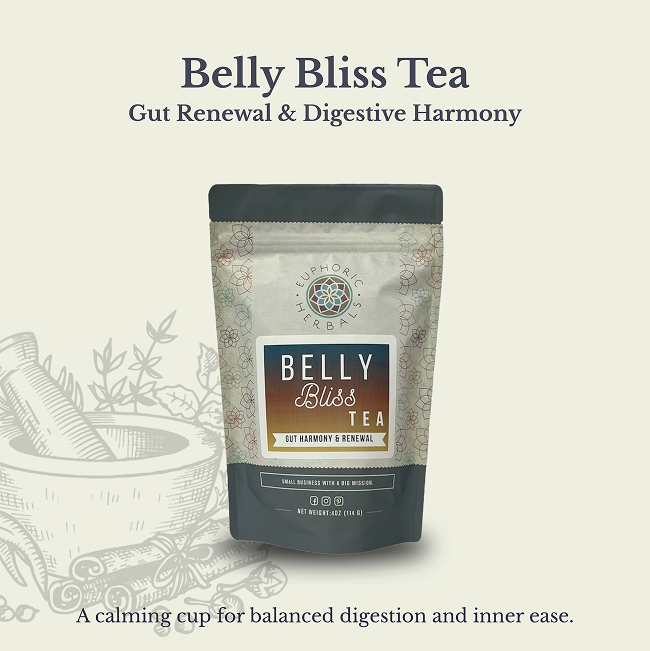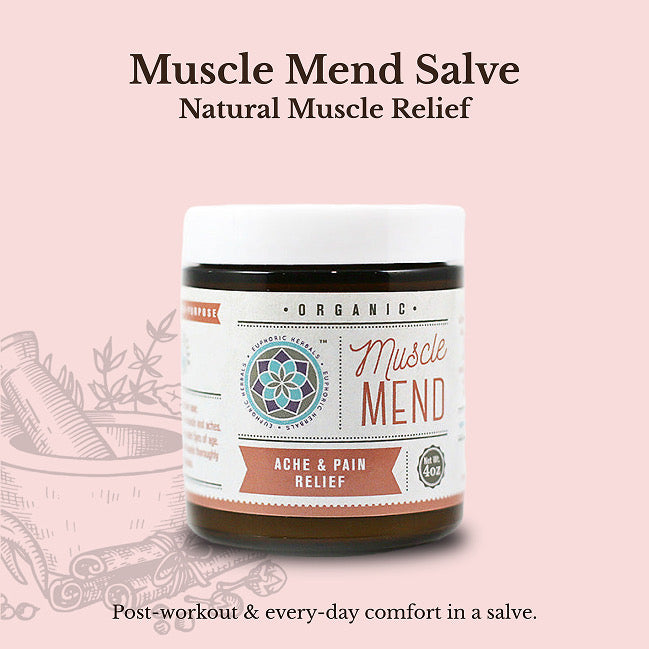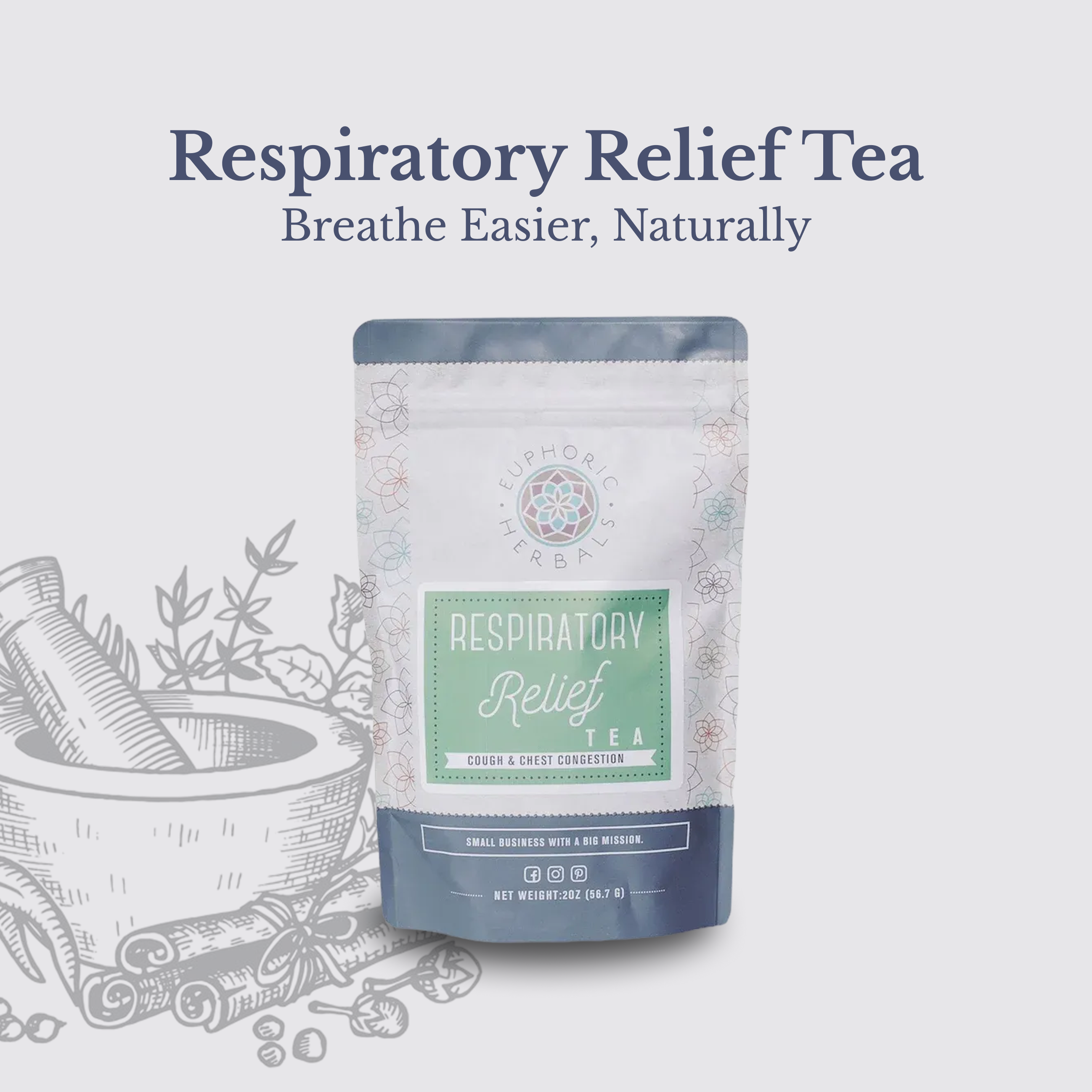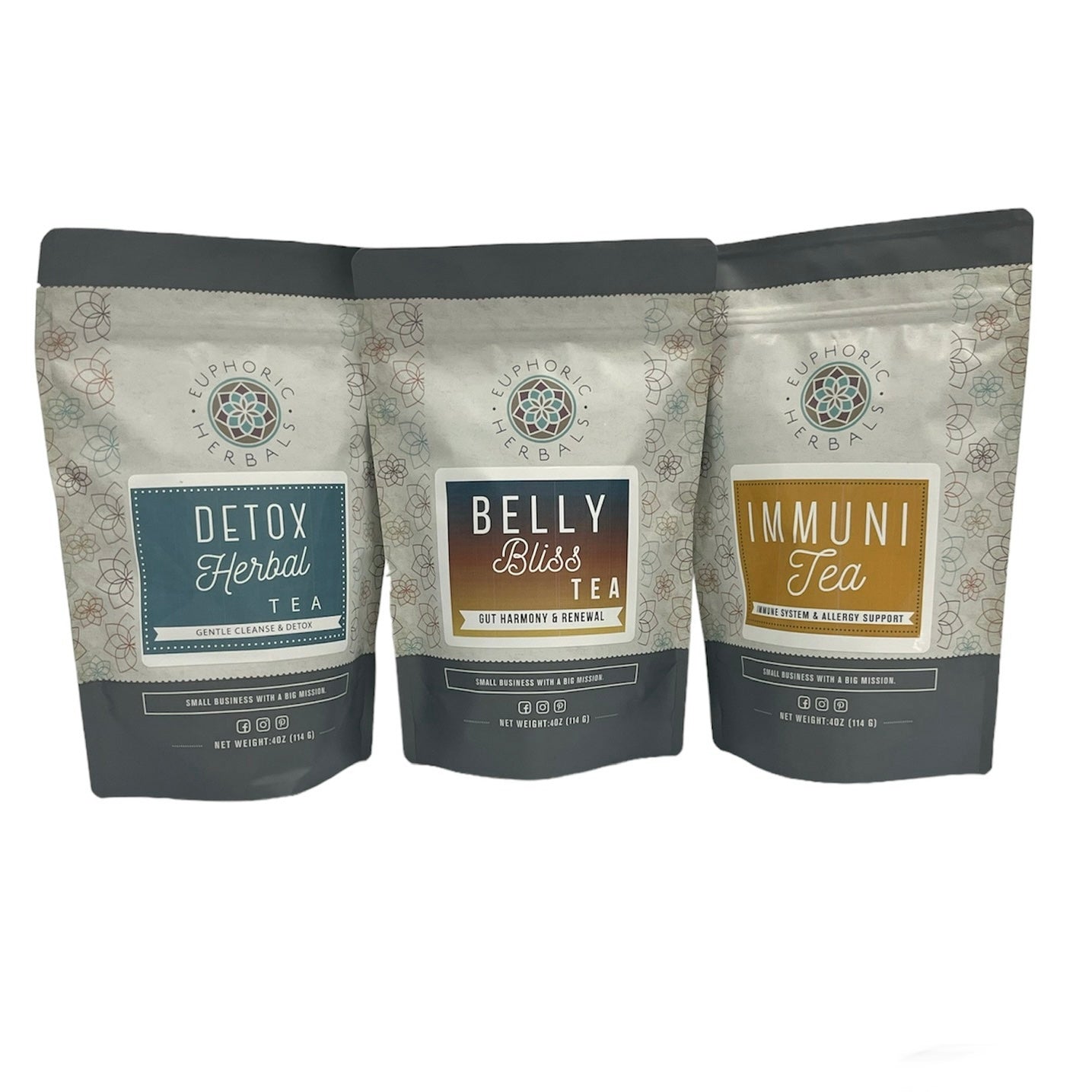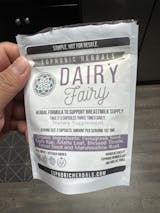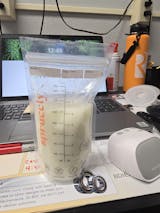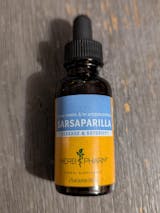What is Cayenne Pepper?
Cayenne peppers have been used for food and medicine for a few thousand years. These spicy red peppers are full of compounds that can make your eyes water and may boost your health in a variety of ways.
Even if you don't like eating spicy food, cayenne can still be beneficial when used topically in a salve or muscle rub.
Here's more about the many incredible benefits of cayenne pepper and how best to use it.
Cayenne peppers (Capsicum annuum) are a type of chili pepper native to Central and South America. They belong to the nightshade family, which makes them closely related to tomatoes, eggplant, and potatoes.
Some experts estimate that cayenne has been used for at least 9000 years, dating back to the ancient Aztec civilization and beyond!
These hot red peppers were introduced to Europe after European explorers landed in the Americas and brought cayenne back to their homeland. It was then that they received the name "pepper" because they had a similar spicy flavor to peppercorns.
After this, cayenne began to make its way into western herbalism and was used for a variety of ailments by the 1800s. It continues to be very popular today as both a culinary and medicinal spice.
What are the Benefits of Cayenne Pepper?
Warms Your Body & Boosts Circulation

It should come as no surprise that cayenne has a warming effect on your body. The peppers contain a compound known as capsaicin that provides the heat and also improves circulation.
This is true whether you eat the peppers or use them externally. For example, you could add a little of the powder to an herbal tea or use it to make a topical rub, and both would effectively boost circulation.
This makes cayenne an especially good warming herb for fall and winter when your body may need some extra heat.
Eases Pain and Inflammation
Cayenne is one of the best herbs to naturally relieve pain and inflammation. Much of this is attributed to the capsaicin found in the peppers.
Studies have found that capsaicin possesses both anti-inflammatory and analgesic (pain-relieving) properties. It seems to be especially powerful when used topically as a cream, salve, etc. (1)(2)
Cayenne can also be helpful for many different types of pain, from muscle and joint aches to arthritis to post-surgery pain. (3)
To use it topically for aches and soreness, try this Herbal Muscle Rub with cayenne or make your own at home.
Helps Relieve Congestion
Another of the top benefits of cayenne pepper is its ability to help ease congestion, particularly clogged sinuses.
Again, this is mainly due to the heat of the peppers and the presence of capsaicin. In fact, if you are sensitive to spicy foods, you've probably already discovered this benefit of cayenne for yourself.
To use it, you can simply add a small amount of cayenne powder to hot water (with honey and lemon if desired). For more power, add in some other decongesting herbs like ginger or cinnamon.
Offers an Immune Boost

There's another reason to use cayenne when you may be feeling congested or under the weather: immune support.
The peppers are rich in both vitamin C and vitamin A, two important nutrients for a strong immune system. Vitamin C helps your body produce certain types of white blood cells and may help shorten the duration of a cold, while vitamin A enhances immune function. (4)(5)
This is why cayenne has been a cold and flu staple for herbalists for many years. To use it in a DIY remedy for immune support, try making fire cider using cayenne, garlic, and other potent herbs.
Stimulates Digestion
Circulation isn't the only thing cayenne pepper stimulates. It also boosts digestion by stimulating both saliva and digestive enzymes and juices. This helps food get broken down more efficiently and aids your absorption of nutrients.
Of course, for some people, the effect of cayenne can be too stimulating. You only need to use a small amount to aid digestion, and those with too much "heat" in their system may need to avoid it altogether.
Supports Heart Health
Strengthening heart health is one of the benefits of cayenne pepper that herbalists have long known about, and research is starting to show us why this might be.
For one thing, cayenne is full of antioxidants that combat oxidative stress and chronic inflammation- two possible contributors to heart problems. (6)
Capsaicin also appears to have specific benefits for your heart. By improving circulation, it may help keep your arteries clear, which could prevent blood clots. It also seems to improve blood vessel function. (7)(8)
In fact, research has discovered that regularly eating chili peppers like cayenne could lower your risk of dying from heart disease! (9)
May Boost Metabolism

Yet another benefit of the capsaicin in cayenne peppers is an ability to boost metabolism. You need a healthy metabolism to maintain a good weight and for many other functions like brain health, strong immunity, and energy.
Studies have shown that capsaicin works in part by raising the heat in your body, which has a stimulating effect on metabolism and also helps you to burn more calories. (10)
Eating cayenne can also decrease your appetite, which could be helpful if you want to use it as part of a holistic weight loss plan. (11)
How to Use Cayenne Pepper for Health?
If you want to get the "everyday" benefits of cayenne for heart health and metabolism, the best way to go about it is to consume small amounts everyday.
You can use either the fresh peppers or the ground spice and add it to food or drink. Remember, you only need a small amount to make a difference, so don't feel like you need to go overboard.
For something like congestion or immune support, you may want to use more cayenne but for a shorter period of time. This could mean making a potent drink with hot water, cayenne powder, honey, and lemon, or it could mean filling empty capsules with cayenne and a "filler" like marshmallow root powder.
To boost circulation, try an old remedy of making a foot bath with about 1/2 teaspoon of cayenne powder in a bucket of warm water. Be sure to rinse off your feet afterwards so the cayenne doesn't stain!
Finally, cayenne can be very effective when used topically as a muscle rub for aches and pains. You can buy a version at the store or infuse the powder into oil and use it to make your own salve at home.
What are the side effects of Cayenne Pepper?
The main precaution with cayenne pepper is to remember its heat. Though generally safe, using too much of it can cause stomach upset.
Also, be careful when handling cayenne or using it topically. It can irritate your eyes, nose, and throat and should not be applied to broken skin.
In large amounts, cayenne may increase bleeding or slow blood clotting, so stop taking it (in medicinal amounts) two weeks before and after surgery.
Spice Up Your Health
As long as you can tolerate its heat, cayenne is definitely a spice you want to keep on hand, especially during cold and flu season. It heats up your body, boosts circulation, enhances immunity, and much more.
Just treat this herb with respect for its spiciness, and you'll be able to enjoy its benefits!
Disclaimer: This post is for informational purposes only. It does not constitute medical advice and should not be substituted for medical advice. Please consult your health care provider, herbalist, midwife, or naturopathic physician before taking herbs, supplements, etc. Here's the link to our full disclaimer.





















































































































































































